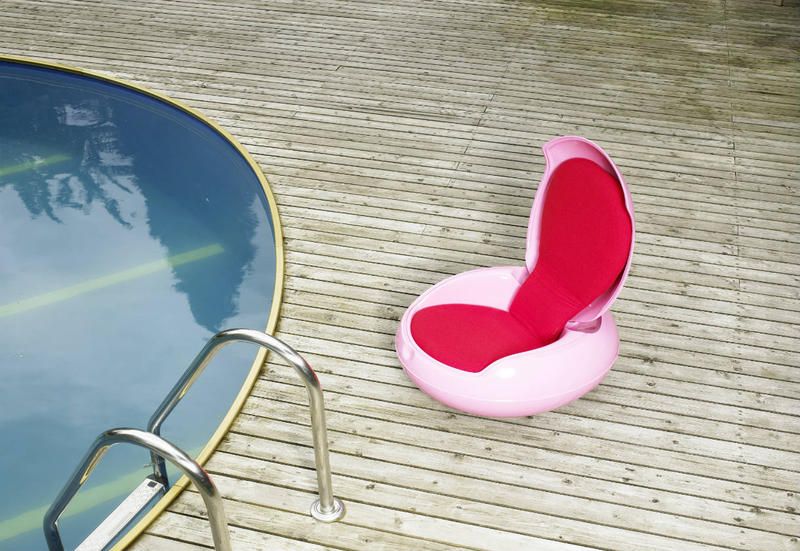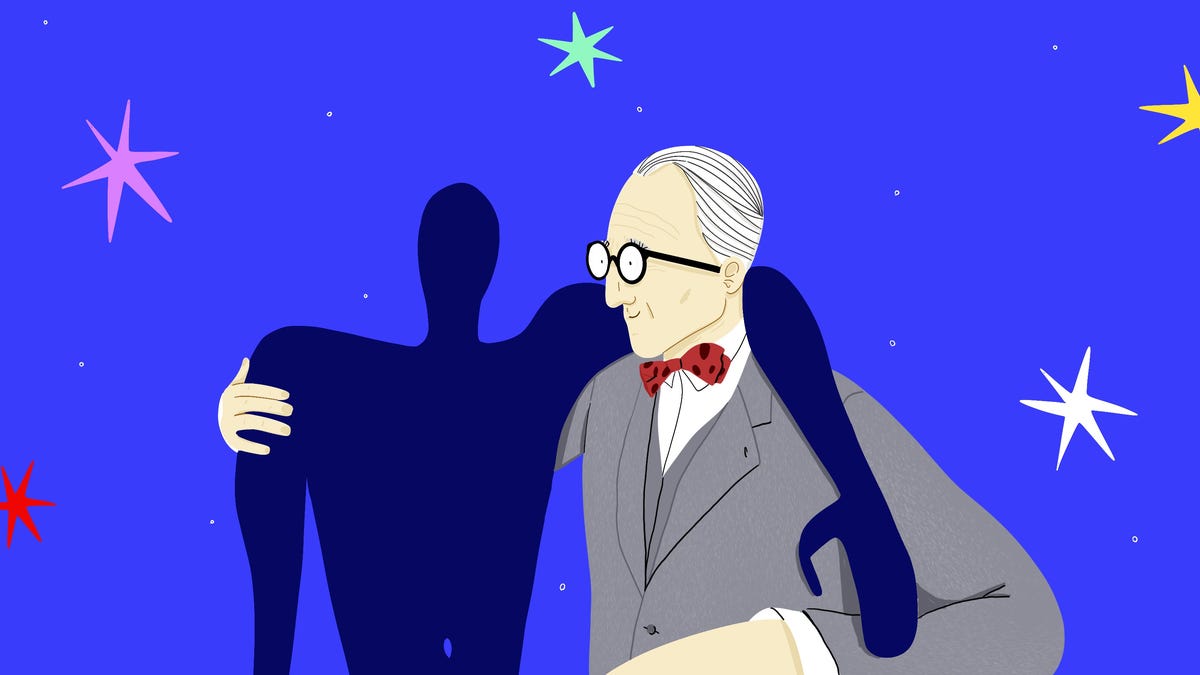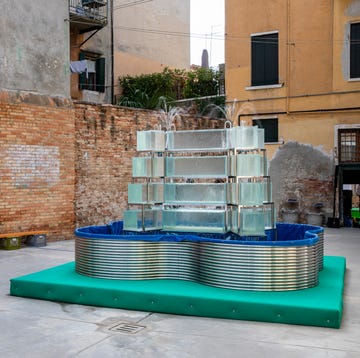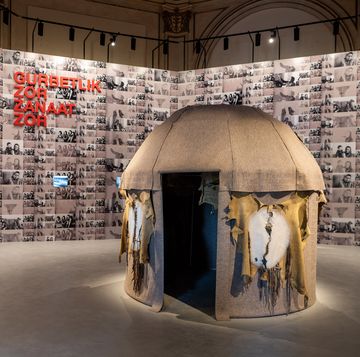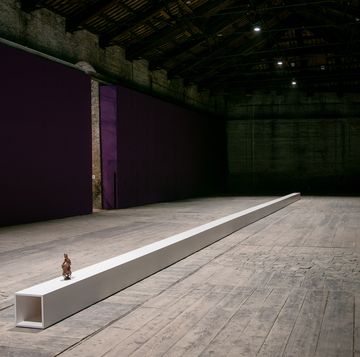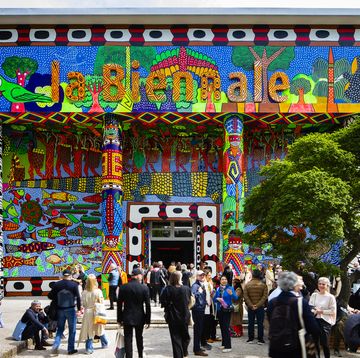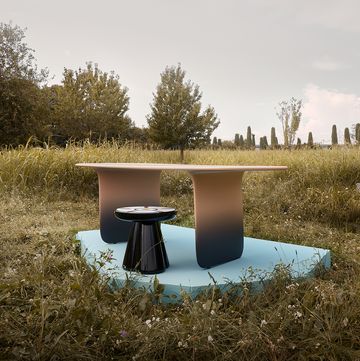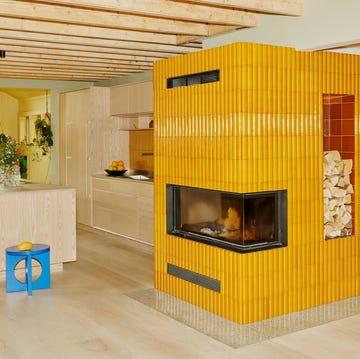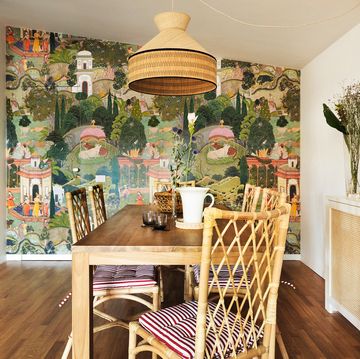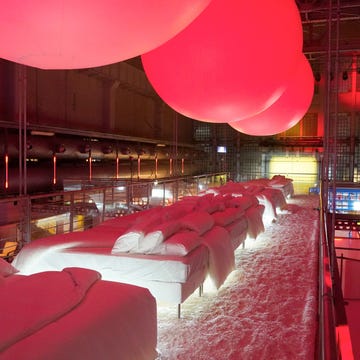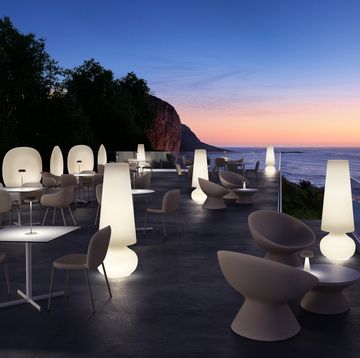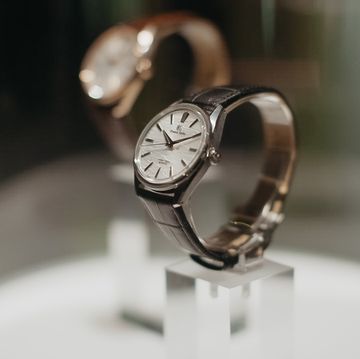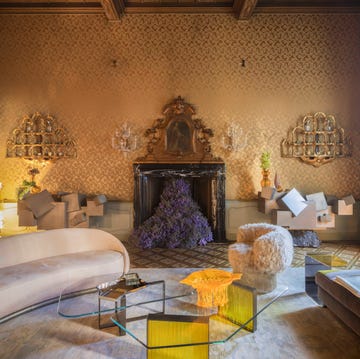Peter Ghyczy today not only celebrates 50 years of his Garden Egg Chair, simply known as the Egg Chair, but also the new course of his eponymous furniture brand, Ghyczy, on the international scene and market.
Hungarian in origin, but Dutch – and cosmopolitan – by adoption and attitude, Ghyczy (pronounced Guygee) is the outlier of modern design, tireless inventor obsessed by one idea and one alone: function.
From the 70s comes the chapter he wrote about the history of modern design, intended first of all as function. And today, on the occasion of the 50th anniversary of the Egg Chair, his figure and work are revisited and enlarged upon in depth with a series of events and celebrations, from an exhibition in Brussels to a new book and the presence of his brand at the Milano Design Week in April (but the project can’t be revealed yet).
Born in Budapest in 1940, Ghyczy left the Hungry under Stalin’s thumb at 16 to move to Germany near Bonn, with his mother and her new companion and his brother (his father died during the Red Army invasion in 1945).
He followed sculpture classes at the Düsseldorf Art Academy but left right away to do architecture at Aachen Polytechnic University; he worked as assistant to Professor Rudolph Steinbach, on a UNESCO project in Egypt and then an internship in Paris for suburban tower blocks.
1968 was the year of the Garden Egg Chair. At the time Ghyczy was appointed manager for development of polyurethane furniture at Reuter in Lemförde: it was then that he designed the Garden Egg Chair, which burst into the design scene and the everyday life of families in Northern Europe, becaming an icon not only of homes in those years but also of the history of design (it’s part of the V&A and other museums’ permanent exhibitions; among his collectors and lovers are Karl Lagerfeld, Frida Giannini, Lisa Perry, The Osbournes, Dave Stewart of the Eurythmics and Tom Dixon).
Ghyczy developed innovation and design for various companies, such as Vitra for instance, but right away he grasped the idea of founding his own brand and proceeding “his own way”.
For the first time ever, today the sense and body of his work are being recounted: the Adam-Design museum in Brussels has dedicated an exhibition to him, Peter Ghyczy: 50 Years of Functionalism, curated by Kunty Moureau. The sophistication of function first of all, and always a twist, something more, a surprise, the complication of the object, often its multi-functionalitity, but always resolved for a practical and easy use.
“I am not satisfied - Peter Ghyczy says - when it is too obvious. I am always looking for a surprise, only when I design with a surprising solution, am I then satisfied, but if it’s too simple and too obvious, then it’s banal. I am a little bit obsessed with that: I have to solve the problems myself. Since I was a child I have had to do it. At school I had difficulty in talking so I needed to learn the language"
And here it is, the Garden Egg Chair, icon made of polyurethane that opens up and closes: “It wasn’t about the form, I didn’t have a vision of it, it was a vision of something outside and inside, where the cushion was protected. I started to sketch and make prototypes, and then it became longer and longer, the result was the egg surface: as to the function I knew what I wanted, but the form came later. It was in 1968, and there was the explosion of plastic furniture, with lots of red, green, orange. At the beginning it was white, like the egg, and the color touch was inside, so when you opened it you could find a surprising color, maybe yellow even though it’s too obvious continuing with the egg idea”, Peter Ghyczy says.
The detail at the center of Ghyczy’s thought, how the parts can stick together: “You must realize - he says - that the first step is the detail. I always start from how the pieces connect; and from the connection to what I can do with that. I can make a chair, I can make a table, with the same details. I never start from the material or a shape. How I can make it reliable, which technical solutions I can find to connect wood with metal. I studied architecture, I was always interested in how to do it, ever since the university I have been always fascinated by the technical details”.
Not only an untiring inventor and a zealous researcher, but also an entrepreneur ahead of his time: already back in 1972 he got the intuition and foresight to establish his own brand, named Ghyczy + Co. Design and today just Ghyczy, to manufacture his own furniture (the first pieces made of cast aluminium and brass).
Today Ghyczy lives immersed in the peace and nature of Beesel in the Netherlands, and in the concentration and passion of his work and family. Notebook and pencil in the hand, every single day he goes to his factory and office, located in the nearby village of Swalmen. His mind is constantly focused on an idea, a solution (and when the weather is nice, he still rides his old Kawasaki).
He always has a very focused and spry gaze, and the elasticity of a mind used to studying and learning, able to adapt itself and become passionate about new languages and cultures (when he moved to Germany in 1956, he taught by himself German with a dictionary and when we met with him in his house in Beesel there was a book an Italian by Aldo Nove on the desk in the living room).
“When do I get my ideas? I don’t get them, they are in me. I have a vision and sometimes the vision is very clear, I have just to put it down, I think it’s the same with musicians - they hear something. Beethoven for instance was deaf but the music was in his head and then he put it on paper. I have to fix the image that I have in my head on paper. There are visions that I don’t succeed in bringing them out; some ideas circle around for years, everything is there, behind the curtain and I just have to help them come out. I need seclusion and concentration, I have to get in a certain mood, I must have a place to get in the mood and the flow”.
His son Felix, at his side in the company as a brand manager (photo below), explains: “The red line in my father’s work is his urge to design an object with a lasting value. His opinion is that the world is already full of products, many of which are superfluous. He designs sustainable design, where sustainable is not in the sense of cradle to cradle and circular economy, but in the sense that the product is emotionally sustainable. It becomes part of your life. It will get patine and maybe scratches which shows that it has lived its life well. This is only possible when the product is made with high quality and natural materials and when the construction is rigid and has longevity”.
Peter Ghyczy has been designing like this for more than 50 years, intentionally away from the fashions and the flow, and the limelight of the moment. And 2018 will keep spreading and celebrating his philosophy and work (after Bruxelles, in May Peter Ghyczy’s story will go on display at the Kunstmuseen Krefeld in Germany). In the meantime sign up for the appointment in April in Milano and also for a special Anniversary edition of the Egg chair in total black, available upon order and only for this year.
